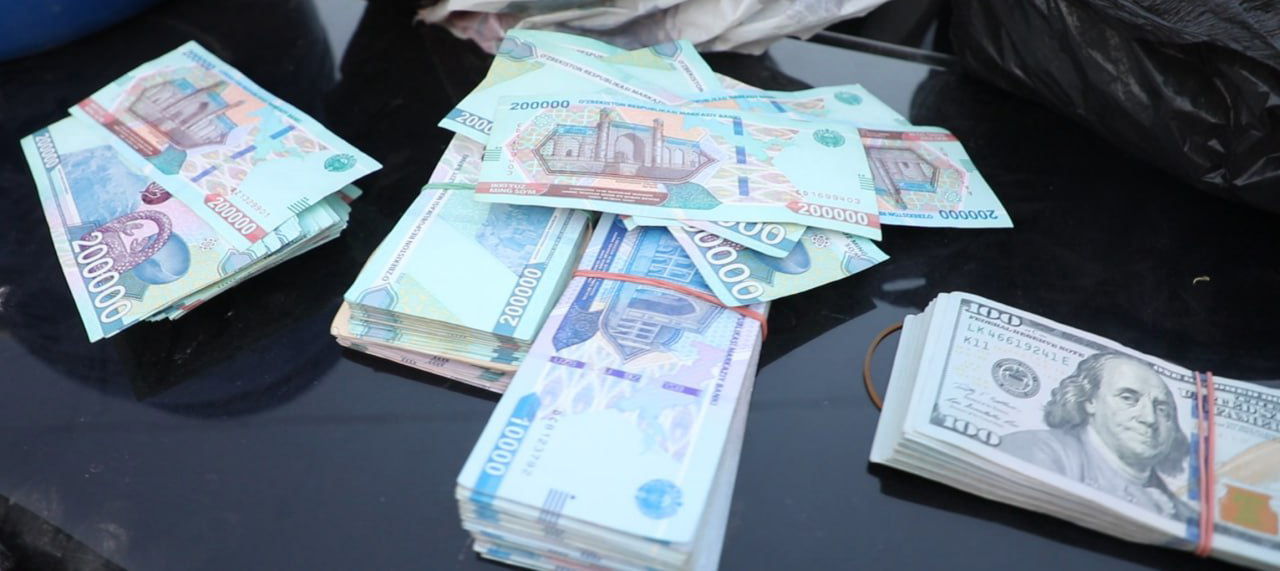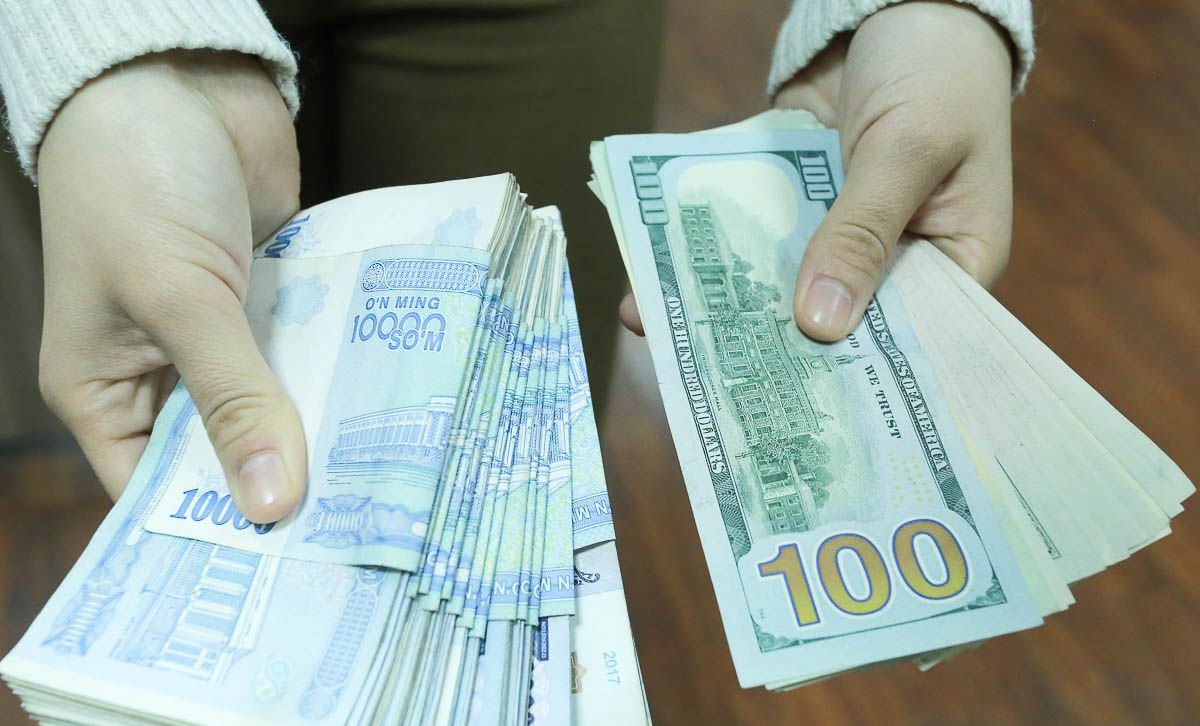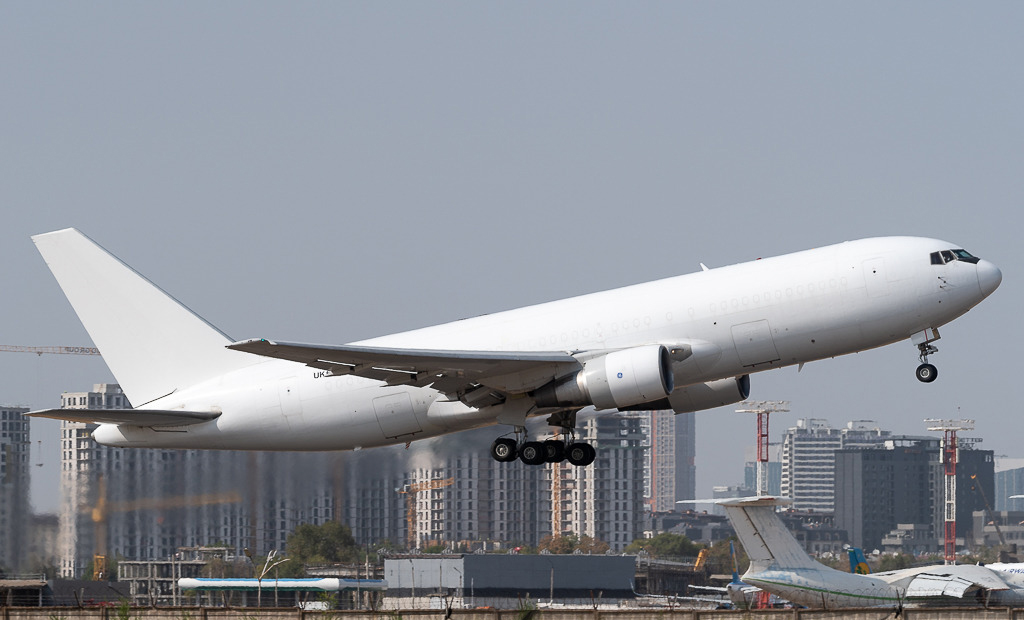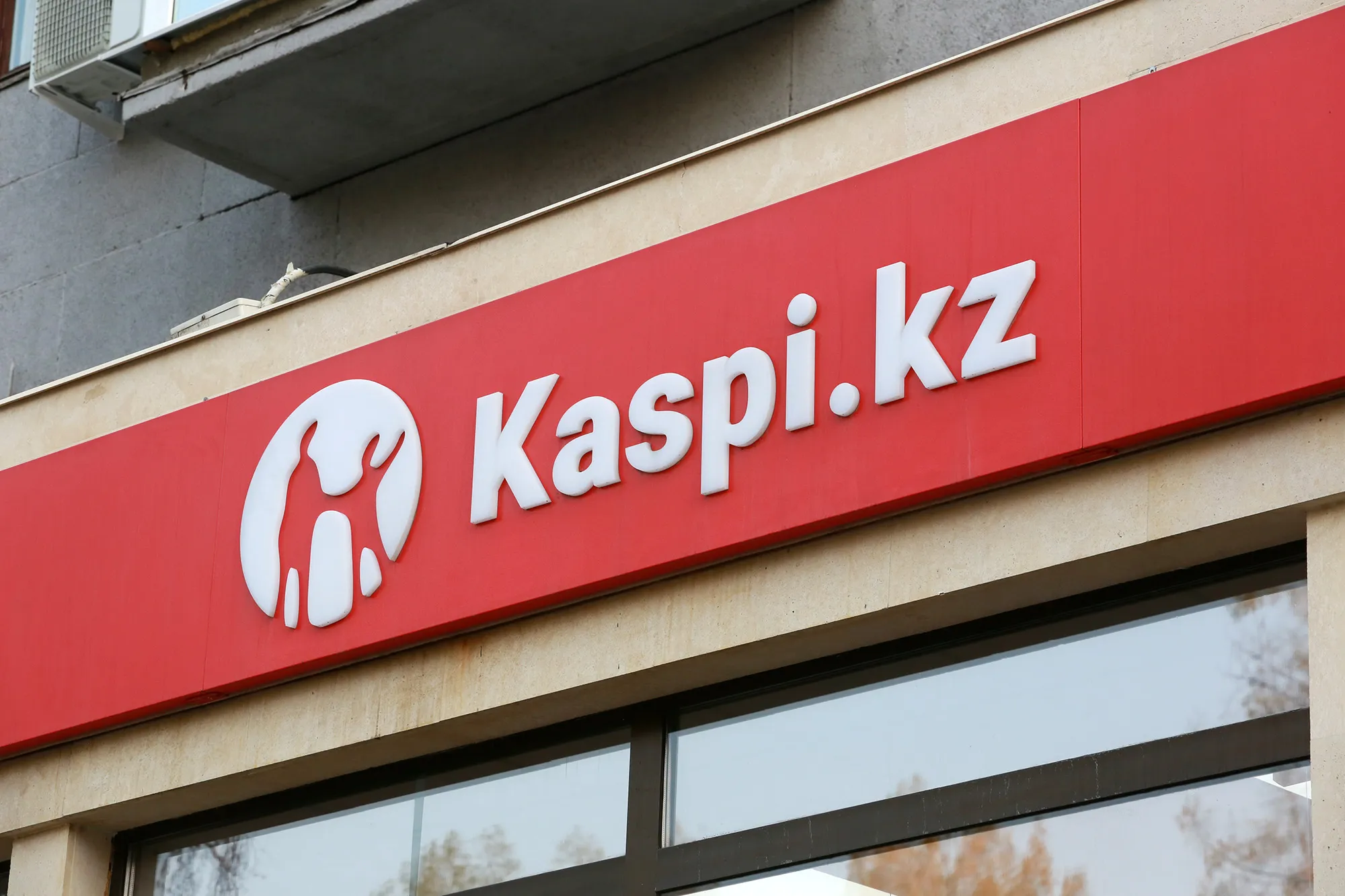Аналитик Тимурмалик Эльмурадов объяснил ситуацию вокруг «теневой» экономики Узбекистана, которая на прошлой неделе вызвала широкий резонанс. Многие СМИ и Телеграм-каналы сообщили, что объем «теневой» экономики страны достиг 100 триллионов сумов, что привело к недоумению среди специалистов. Ведь ранее «теневую» экономику оценивали в 40-50% от ВВП, а объявленные 100 триллионов сумов составляют лишь около 8%.
Как объяснил Эльмурадов, путаница возникла из-за неправильного перевода и общего незнания темы. Он рассказал, что термин «теневая экономика» неофициальный, а в официальных документах используются другие понятия – «неформальная», «скрытая» и «незаконная» экономика.
«Неформальная» экономика включает в себя деятельность, которая не оформляется официально. Например, когда человек работает без договора, как в случае с мебельщиком, который собирает мебель на дому, но не оформляет свою деятельность.
«Скрытая» экономика – это когда укрываются от налогов, занижаются доходы и обороты. Например, когда в магазине работает 10 человек, но официально оформлено только пятеро.
«Незаконная» экономика охватывает такие виды деятельности, как проституция, торговля наркотиками и другие преступные деяния.
Возвращаясь к цифрам, Эльмурадов поясняет, что те 100 триллионов сумов, о которых говорилось в новостях, относятся к «скрытой» экономике Узбекистана в 2023 году, а не к «теневой». «Неформальная» экономика была оценена в 323,3 триллиона сумов, а «незаконную» в данном случае не учитывали.
Если сложить все цифры, то общий объем «ненаблюдаемой» экономики составит 422,9 триллиона сумов. Именно эта сумма и составляет те самые 40% от ВВП Узбекистана, о которых говорили ранее.
Таким образом, эксперт призывает не путать термины и внимательно относиться к источникам информации.










